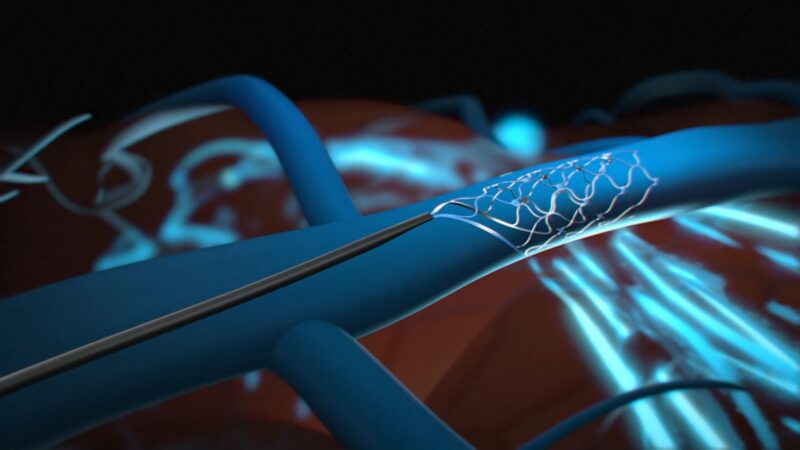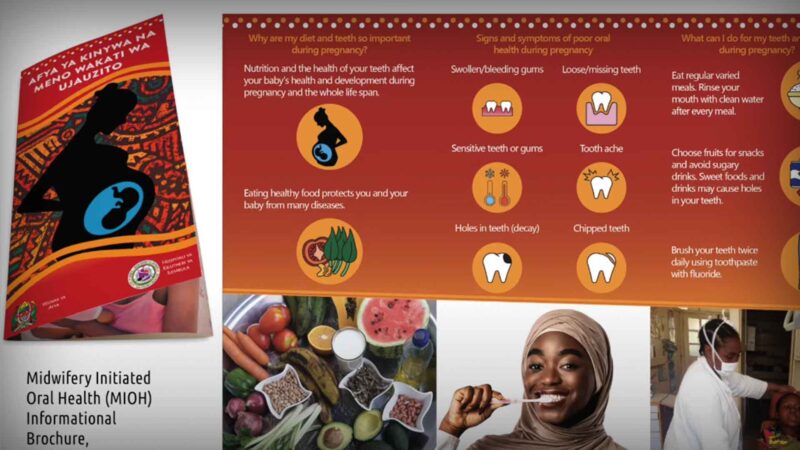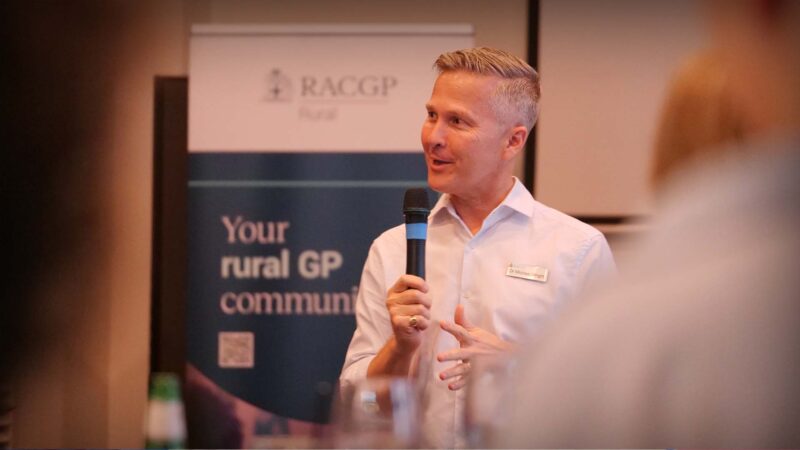RESEARCHER PROFILE
Dr Erin Brazel
University of Adelaide
Filmed February 2024
Dr Erin Brazel has a background in molecular and translational microbiology, with a focus on developing new ways of preventing and treating bacterial diseases. Recently Dr Brazel has been awarded a Junior Fellowship by the Passe & Williams Memorial Foundation.
The fellowship enables outstanding individuals to obtain postdoctoral training under the supervision of an experienced clinical or scientific researcher, with the view to establishing a research career in Otolaryngology, Head and Neck Surgery in Australia and/or New Zealand.
The fellowship will support research on bacterial vaccines in a joint GPN Vaccines Ltd and the University of Adelaide project to explore combination vaccines for ear infections using Gamma-PN.
Bacterial ear infections are the most common bacterial disease affecting children. In Australia, episodes range from 1-2.4 million each year, affecting over 600,000 individuals, with 40% of these children experiencing six or more recurrences before the age of eight. Persistent cases can result in hearing loss and learning difficulties, leading to developmental delays and impacts on psychosocial health. Chronic ear infections have also been linked to increased rates of obesity during childhood and Later in life, which may be a result of prolonged antibiotic usage.
With antibiotic resistant superbugs projected to kill 10 million people each year by 2050, new ways of combatting disease are urgently required. A major focus of Dr Brazel’s research is the development of new vaccines to address emerging and existing pathogens that threaten global health and biosecurity. Vaccines are an important tool for reducing disease caused by antimicrobial resistant pathogens, the spread of resistant bacteria, and to reduce antimicrobial use in health and animal care.
Dr Brazel has contributed to the design and preclinical testing of many next generation vaccine candidates, including the current lead candidate (Gamma-PN3). This vaccine is currently being tested in a first-in-human Phase 1 clinical trial (commenced January 2023).
You Might also like
-
Lía Aguilar Madariaga
RESEARCH IN BRAIN COMPUTER INTERFACE
@ SYNCHRON
MELBOURNE, VICTORIA, AUSTRALIA -
Integrated Oral Health Care
Dr Ajesh George is a Professor of Interprofessional Oral Health in the School of Nursing and Midwifery, Western Sydney University (WSU) and Honorary Professor in the School of Dentistry at The University of Sydney. He is a dentist with extensive experience in integrated oral health care and is a renowned expert globally in providing oral health training to non-dental professionals and translating oral health guidelines into their practice. Dr George is also the Director and Co-founder of the “Australian Centre for Integration of Oral Health” (ACIOH) which is a leading national research centre led by WSU in collaboration with various partners including universities, health services and professional organisations.
-
New models of care and value in General Practice
Dr Michael Wright is a GP, health economist and health services researcher. Dr Wright currently works as a portfolio GP, combining clinical practice with strategic appointments (most recently with RACGP, Central and Eastern Sydney Primary Health Network, Avant Mutual the Australian Institute of Health and Welfare) and academic research analysing the effects of current health policy on the quality and performance of primary care.



